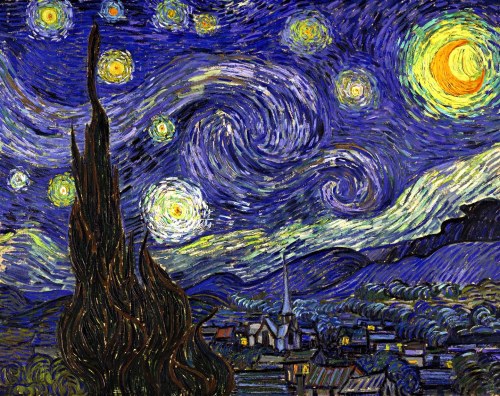[youtube https://www.youtube.com/watch?v=l99Mgj_yGhs?start=1&w=560&
My father was a veteran. He was in the United States Army Air Force during World War II, and since he was blind in one eye avoided being in direct combat. I grew up seeing old black and white photographs of my father – a broad shouldered young man with curly blond hair – smiling into the camera when he was stationed in New Guinea and hearing my mother’s anxious tone telling me that he crossed the Pacific in an un-escorted ship. Two years ago, on May 7th, 2017, when he was ninety-eight, he passed away. When my father died, it was like a library burned down – his life and wisdom contained that much history.
A year later — thanks to our resident realtor, Chrissie Erickson – I sold the home I grew up in. His death and the sale of the house prompted to write a memoir titled: Now, From Antiquity – tracing my father’s line back to forever. For today’s service, I am going to read a part of the memoir where I meditate on the flag he was buried with.
I was always proud of my father, but from an early age I did not trust the American flag. This meditation was written when I began to examine my feelings toward the flag.
There is nothing in the history of the American flag – from Betsy Ross onward – that makes me detest the American flag. It was when I was travelling in Greece – about 20 years ago — that I really appreciated being from a country where women could be independent.
My thinking leads me to the conclusion that I don’t really detest the flag. I am enraged by what it has come to stand for. What angers me is nationalism and the idea that I can only salute one flag. What angers me is when one flag is said to be more important than another. In the eyes of some, I might be described as un-American. But the fact is that the flag represents me too. I’m just skeptical and careful about whom I pledge allegiance to.

Every American flag does not evoke feelings of anger in me. One flag also evokes great sadness. My father was a veteran of World War II. His cremated remains – as he wished – were installed in a veteran’s cemetery and members of the military came and did a flag ceremony for him. A very dignified young military man presented me with the flag after he had folded it. When I got up to give my tear-filled eulogy, I handed the flag to my partner who doesn’t cry easily. It is the image of Barbara hugging that triangular folded flag and crying that I think of most when I recall that day.
Barbara bought me a triangular case – with a wooden back and sides and glass front — to keep the flag in. The flag in its case sits in my home office bookshelf. For an experiment, I brought the flag in the case out of the bookshelf and put it close to me when I do my morning meditation. The Buddhist teacher on YouTube talked about the value of “softening” toward the thing that causes you to feel aggression.
I sat in front of the flag and meditated with my eyes closed. The first thing that I noticed when I opened my eyes is the American flag from my father’s service. It is folded into a triangle in its wooden case with its white stars displayed on a navy background. On closer inspection, I saw that the white stars are embroidered and raised. They rest on a woven navy background behind them. There are six stars displayed. Two are in the top row and four are in the bottom row. Of the fifty stars all together (each one representing a state), these are represented in their blue triangle of night sky. I see now that the stars are beautiful, brilliant, and limitless. They represent what is known as “the wild mind” in Buddhism, the vastness of what is possible. I felt myself soaring between them in the midnight sky, reaching new heights and then coming back to myself as in meditation I breathed in and out and wished this kind of freedom and compassion for all who encounter the stars of the flag.
I breathed in and out, doing the tonglen “taking and receiving” practice of Buddhism. I breathed in my own feelings of hostility toward the American flag. I breathed out feelings of compassion for myself. Then I breathed in any fear or hostility that might be stirred up in others by the sight of the flag. Then I breathed in fear and breathed out compassion for all who feel compelled to armor themselves with the American flag.
I exhaled the vastness of the white stars in the night sky. I exhaled my journey through the stars and into the higher realms that they inhabit. I exhaled joy. Then I inhaled again, wishing this feeling for everyone who encounters the flag.
Namaste



